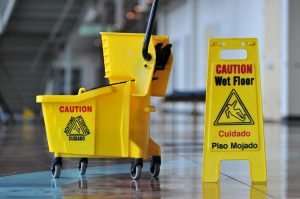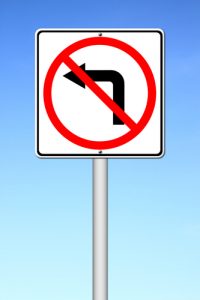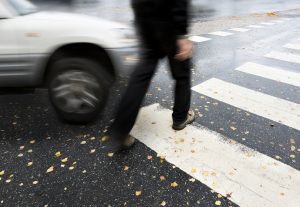When lawsuits are filed by plaintiffs against hospitals in California, the hospitals may file motions for summary judgment if there are no triable material issues of fact. In order to prevail on a motion for summary judgment, a hospital may call an expert witness to opine that the hospital met the reasonable standard of care. If the expert’s testimony indicates that the reasonable standard of care was met, the burden of proof then shifts to the plaintiff to show that there are still material issues of triable fact. If the plaintiff is unable to present evidence that there are remaining issues of triable fact, the court may dismiss the lawsuit. However, as
Doe v. Good Samaritan Hospital Inc., Cal. App. 5th, Case No. F073934 shows, the burden will not shift to the plaintiff in cases in which an expert’s testimony is purely conclusory without any underlying facts to support the opinion.
Factual background
The plaintiff was a 12-year-old boy who had a history of Asperger’s syndrome and bipolar disorder. He was voluntarily admitted to the Good Samaritan Hospital, a psychiatric facility, after suffering from homicidal and suicidal ideations because of his treatment at school. At the hospital, he was placed in a room with a 10-year-old boy who had been involuntarily committed called K.W. The 10-year-old boy had been placed in the facility on a psychiatric hold because of homicidal ideations and an assault on his stepfather that required medical treatment. He was also thought to be a danger to his two younger brothers.









